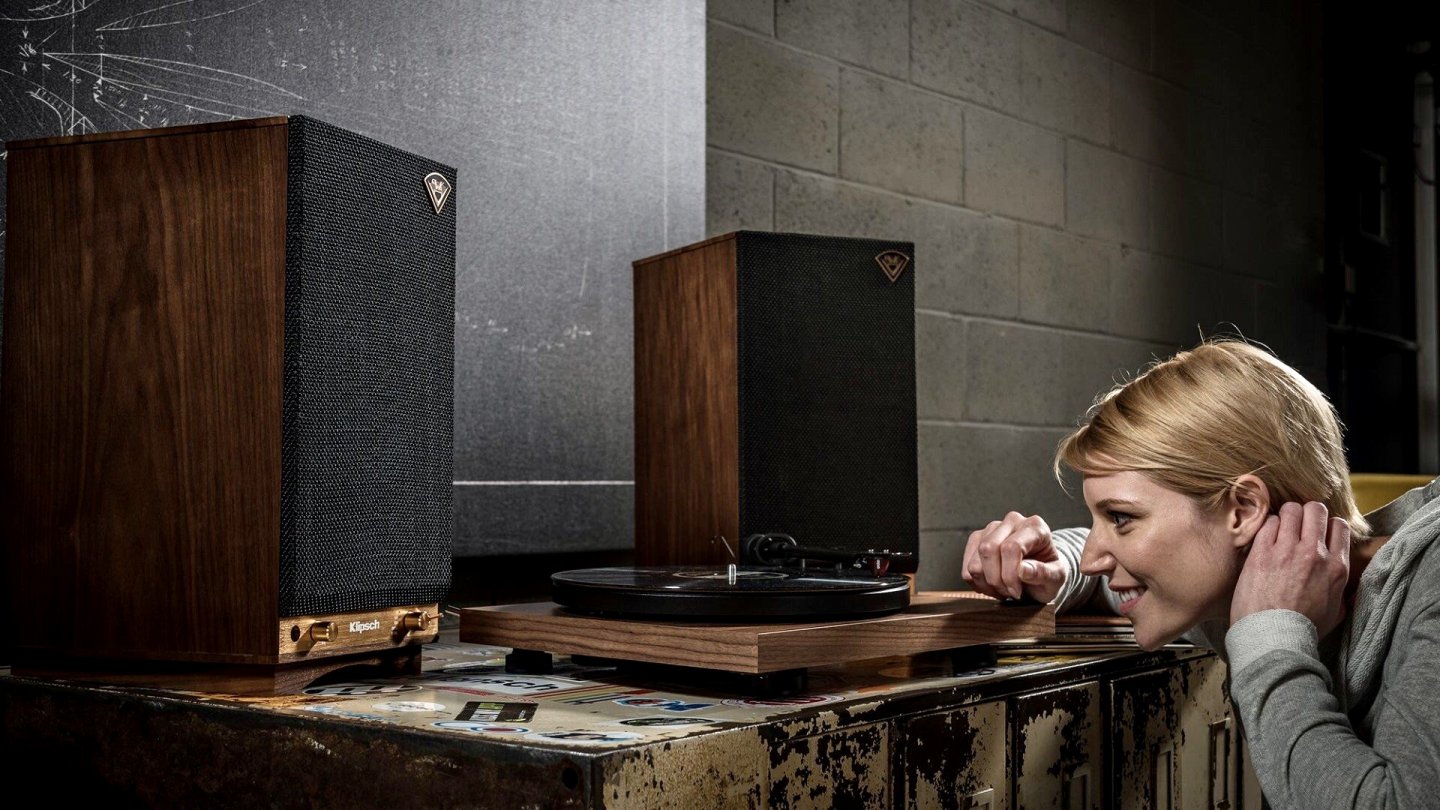How to choose speakers for your home stereo system
It сan be challenging not to get lost in huge variety of speakers. However, guided by simple rules, you can effortlessly find your perfect sound. Introducing our succinct guide to choosing home speakers
Floorstanding or bookshelf speakers?
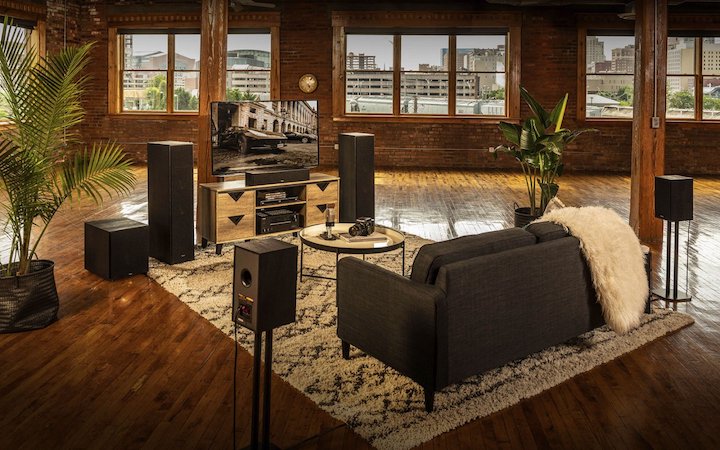
The larger the area of the listening room, the more appropriate will be the powerful floor speakers, capable of filling the entire space with sound and forming a full-fledged stereo panorama. For small rooms, shelf speakers are usually enough. They can be installed both on a table or bedside table, and on special stands that contribute to optimal vibration isolation with the floor surface and thereby improve the sound
Active or passive speakers?
Speakers with built-in amplifier (active speakers) are becoming increasingly popular and in demand. It is enough to connect a signal source to them (for acoustics with built-in Bluetooth, a smartphone with a streaming subscription is also suitable) - and you can listen to tracks with good sound.
As for the more familiar passive speakers, you will need to purchase an amplifier or receiver for them. Many modern amplifiers are equipped with Bluetooth receivers, so you can listen to your favorite tracks with decent sound quality even from a smartphone. The advantage of passive acoustics is greater flexibility: such models can be combined with a variety of amplifiers and other audio components to your taste.
Two or three way?
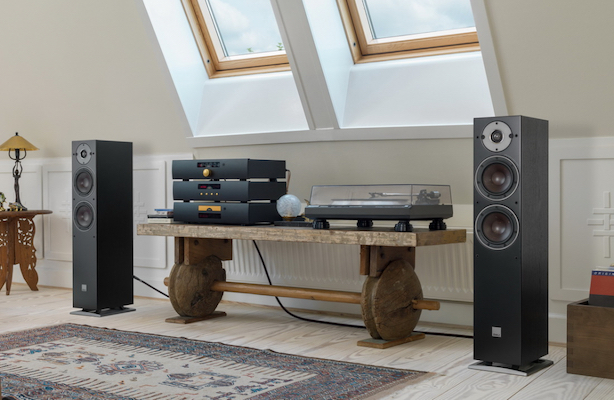
Speakers are most often two-way or three-way. In other words, the frequency range of the speaker system is divided into two or three subranges, each of which is reproduced by frequency-optimized sound drivers (speakers).
The two-way configuration is more often used in shelf speakers, while the three-way one is usually used in floorstanding speakers. Both solutions have their advantages and disadvantages, but the most important thing is the quality of implementation of a particular model. A well-designed two-way speaker will be better than a mediocre three-way speaker, and vice versa.
As a rule, three-way speakers boast deep bass and higher rated power. On the other hand, they require the use of more complex separation filters (crossovers) and sometimes cannot boast of the same fused sound as their two-way counterparts. By the way, ways of the speakers can be less than two, and more than three, but such solutions are relatively rare. In any case, it is best to get acquainted with the speaker system you liked in showroom, assessing its capabilities before buying.
Bass reflex or closed box?
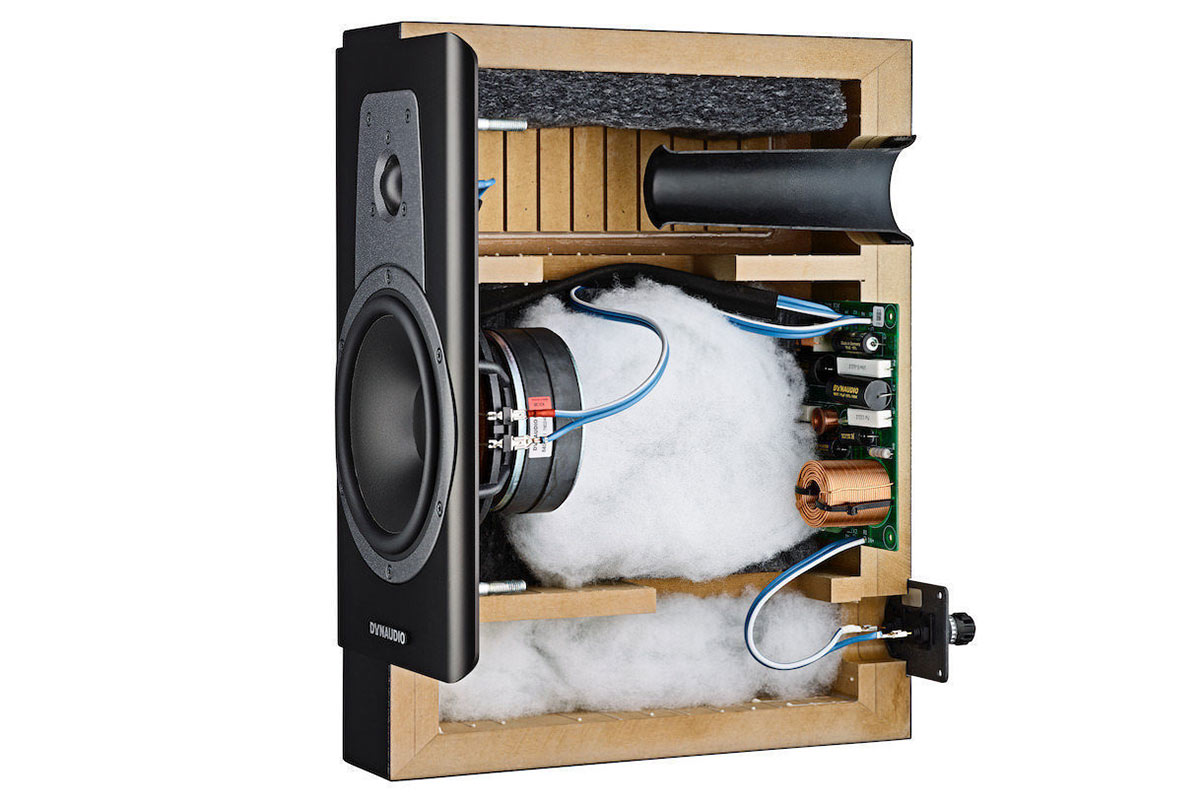
Most modern speakers are equipped with a bass reflex. This is a specially designed port in the body of the speaker system (most often, made in the form of a pipe), allowing you to expand the woofer range and reproduce richer bass.
On the one hand, the bass reflex increases the efficiency of the speaker system. On the other hand, it can lead to negative consequences: this is the noise of the air flow during playback, and more "blurred" low frequencies. In addition, if the port is removed from the back of the body of the speakers, it is not recommended to put them close to the wall.
However, there are other options for acoustic design: an open box, a closed box and all kinds of solutions with passive emitters, as well as a transmission line. However, the sound is no longer influenced by the technical solution, but rather by the quality of its implementation. In other words, speakers with a bass reflex can be both better and worse than acoustics with a passive emitter or transmission line. The point in the choice of one or another option can be put by a comparative audition before buying.
Look at the numbers
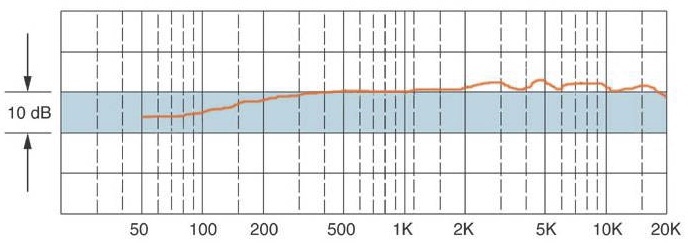
When choosing speakers, pay attention to several important parameters:
- Impedance (it must be suitable for the amplifier you choose)
- Sensitivity (the higher this parameter, the louder the speakers will play at the same power supply)
- Frequency response (generally, the wider the frequency range, the better)
- Recommended input power (a parameter to consider when choosing an amplifier)
Design and finishes

Design is an important factor, since speaker systems somehow form the interior of your home. The higher the class of speakers, the better the quality of the finish. And, like it or not, variants of finishes with natural veneer and other premium materials will cost more than vinyl finish.
